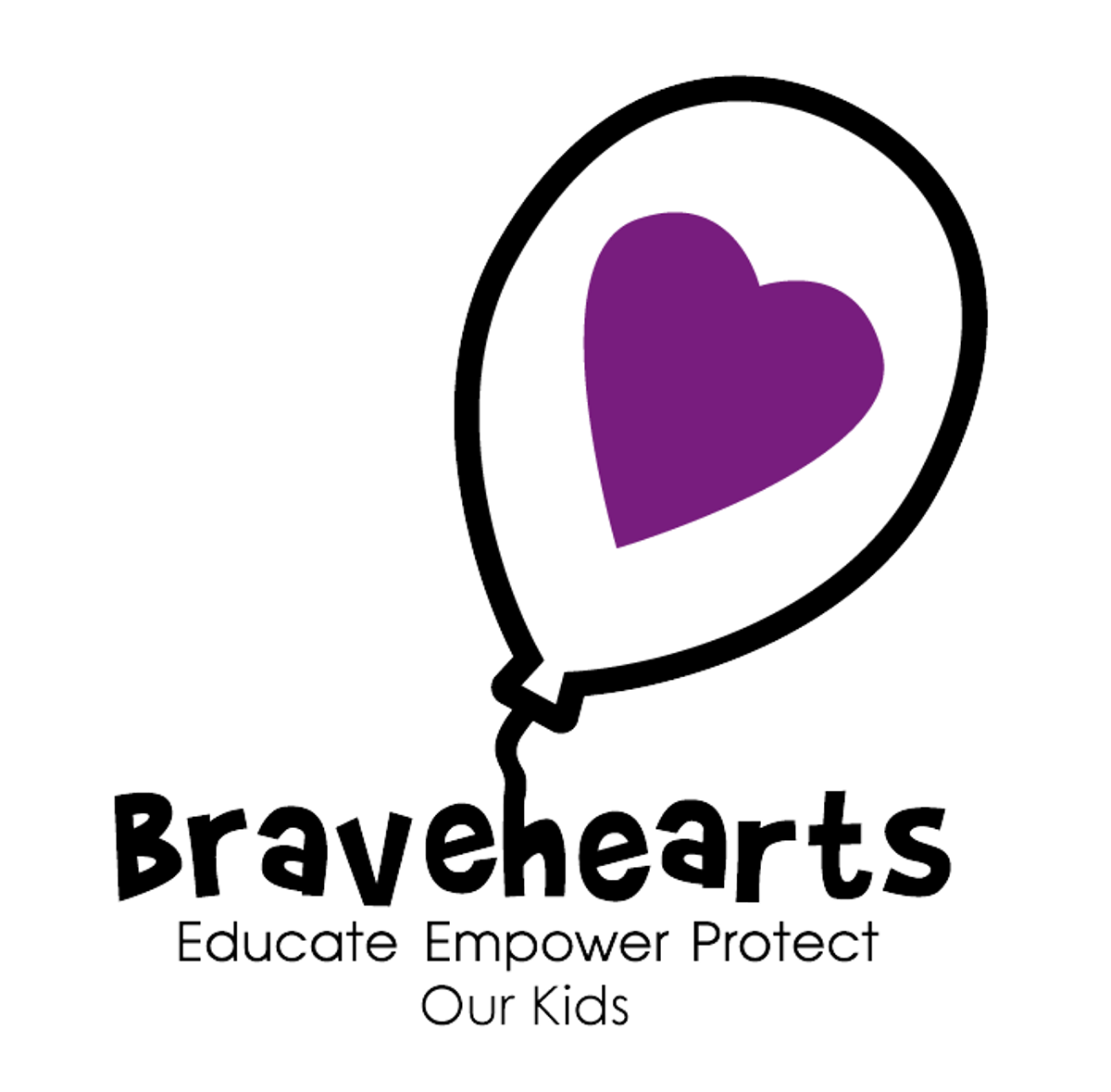E-Learning

As we now spend more and more time online, through either periods of remote learning or having our kids see us work from home in the online space, it is as important as ever to remind ourselves how to keep our children safe!
KEEPING KIDS SAFE ONLINE
Online safety is one of the biggest issues we face in child protection. More than 1 in 4 Australian 11-16 year-olds say they are in communication with people they first met online, unconnected with their offline social networks (Green et al, 2011). This means that children and young people are developing friendships and relationships with people they have never met face to face.
Australian police have seen an increase in reports of “self-produced child exploitation material”. In some instances, children are willingly sharing photos of themselves, including inappropriate or naked pictures on social media.
In other cases, offenders are reaching out to children through social media platforms and coercing them into sharing inappropriate pictures of themselves, which is secretly captured and shared in the darkest corners of the internet (Alarming rise in ‘self-produced child abuse material’ sparks online safety warnings, abc.net.au, 2017). With this in mind, it is just as important to talk about online personal safety with your children as it is personal safety in the offline world.
QUICK TIPS FOR PARENTS
- Educate yourself: Check out different sites, games, and apps for yourself. The more familiar you are with them, the easier it is for you to talk to your children. Check privacy settings and recommended age restrictions.
- Talk with your children: have conversations with them about the importance of safety online and show them how to implement this. You can do this without frightening them. For example, let them know that you have been hearing about online safety and ask what they think the risks are and what they do to keep safe.
- Teach your children to think about online behaviour: How much should they be sharing online and what happens to information once posted or shared? Talk about respectful interactions and responsible behaviour, and encourage them to critically think about what they read and see online (remind them that not everything they read may be true, what they share will always be there, and that not everyone is who they say they are online).
- Come up with a plan around safety: Talk about ways to not only stay safe but also how to respond to anything that happens that may concern them. Let them know they can talk to you or another adult they can trust. Encourage them to be proactive about keeping their online space safe and teach them how to report online creeps via Bravehearts’ Join the Dots tool.
This article was taken from the Bravehearts website, which has a wide range of resources available to parents covering a number of topics.
Wil Marks
E-Learning Leader

